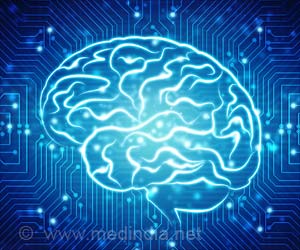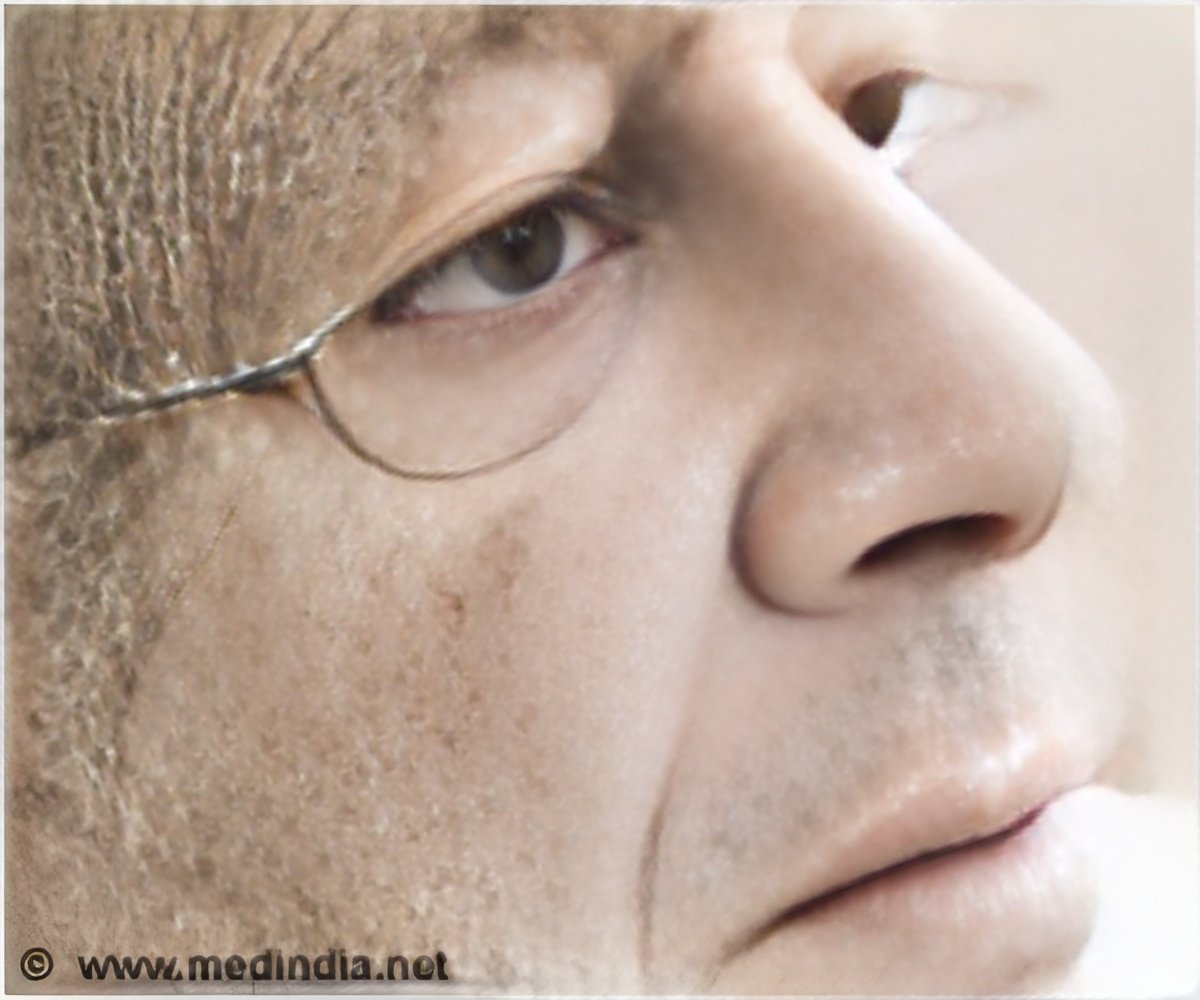Psilocybin, a psychedelic compound found in diverse mushroom species, is gaining increased research backing as a unique treatment for psychiatric disorders. However, uncertainties persist regarding the specific demographic that may benefit the most from these substances.
The findings will be presented on Tuesday, November 14, 1-2 p.m. at Neuroscience 2023, the annual meeting of the Society for Neuroscience and the world’s largest source of emerging news about brain science and health.
The Pervasive Impact of Psychiatric Disorders
Psychiatric disorders, including phobias, post-traumatic stress disorder (PTSD), depression, and substance use disorder, represent a major public health issue. Current behavioral and pharmacological treatments have limited efficacy for some individuals.
Researchers are looking to novel therapeutic approaches, including the use of psychedelic compounds. Interest in psychedelic treatments is growing; the US Food and Drug Administration has recently given breakthrough drug status to some psychedelic compounds for the treatment of depression and PTSD.
However, the underlying biological mechanisms of these substances and which patients and conditions could benefit from them are still largely unknown. Researchers are working with animal models to answer questions about the therapeutic actions of psychedelic compounds.
Advertisement
New findings show that:
- Psilocybin treatment had opposite effects on fear extinction learning in male and female rats (Phillip Zoladz, Ohio Northern University)
- Psychedelics including psilocybin and DMT may have different effects on fear learning dependent on dose and sex in mice (John Razidlo, University of Wisconsin, Madison)
- Psilocybin treatment reduced signs of physical withdrawal in a mouse model of nicotine addiction (Belle Buzzi, Virginia Commonwealth University)
“The research presented today is crucial in understanding what factors may influence the efficacy of these compounds, including sex, dose, and timing of administration,” says Frederick Barrett, director of the Johns Hopkins Center for Psychedelic and Consciousness, who studies the mechanisms underlying the effects of psychedelic drugs.
This research was supported by national funding agencies including the National Institutes of Health and private funding organizations. Find out more about social behavior and the brain on BrainFacts.org.
Source: Eurekalert



